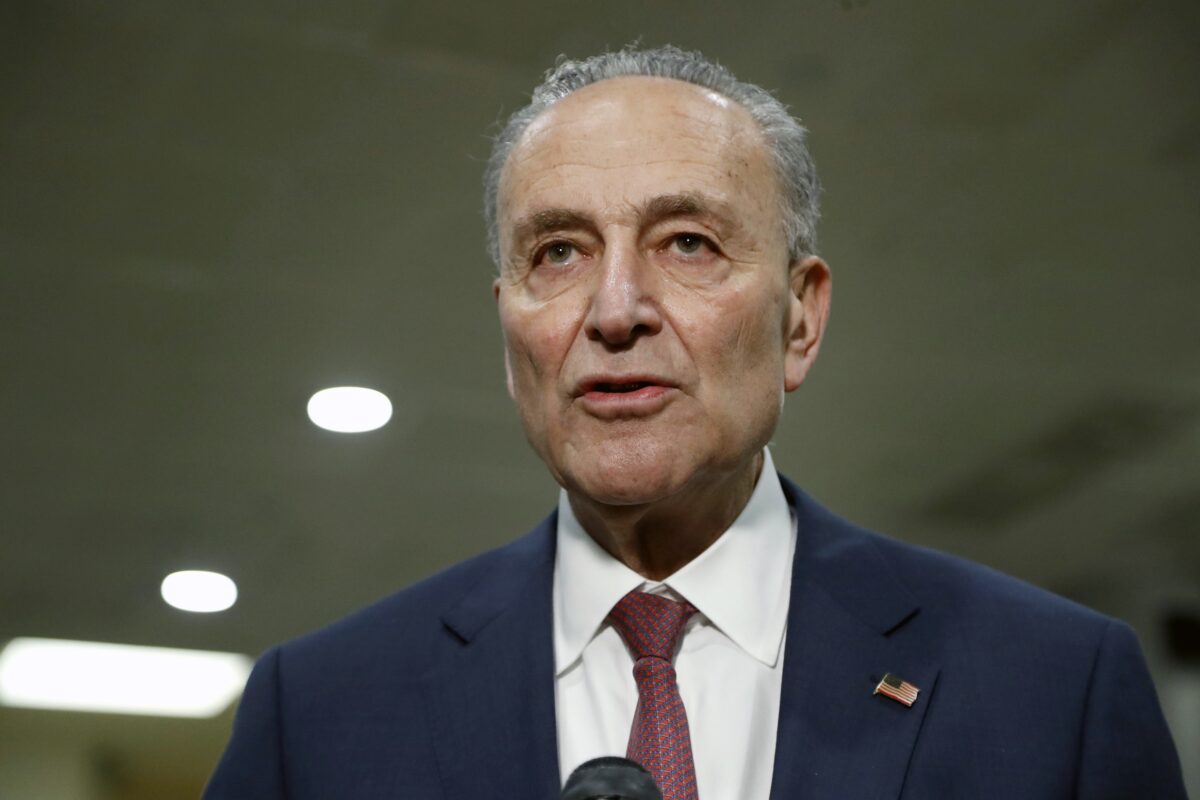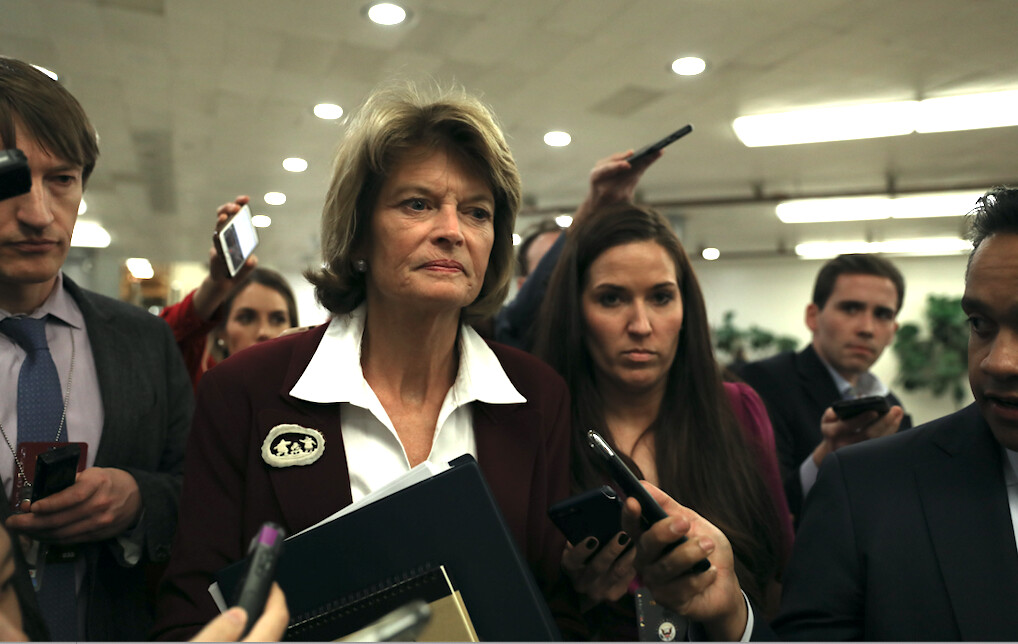Supreme Court Chief Justice John Roberts revealed that he would not break any ties that arise during the Senate impeachment trial of President Donald Trump, answering a question that drove widespread speculation.
Political observers and lawmakers wondered whether Roberts, who is presiding over the trial in Washington, would step in to break a tie in the vote to call more witnesses if it ended at 50-50. Senate Minority Leader Chuck Schumer (D-N.Y.) presented Roberts with a question on Friday before the vote ended up being 49-51 that Roberts used to end the speculation.
Schumer, 69, asked Roberts, 65, if he was aware of two tiebreaking votes made by Supreme Court Chief Justice Chase during the 1868 impeachment trial of President Andrew Johnson. Roberts said he was, but wouldnt serve a similar role if a tie did arise during the trial.
The two votes case by Chase concerned a motion to adjourn and a motion to end deliberations. Roberts responded, adding, “I do not regard those isolated episodes 150 years ago as sufficient to support a general authority to break ties.”
.@SenSchumers parliamentary inquiry and Chief Justice John Roberts response
Watch live on C-SPAN2 — https://t.co/6orLpAxTYm pic.twitter.com/Rie1V99sFN
— CSPAN (@cspan) February 1, 2020
“If the members of this body, elected by the people and accountable to them, divide equally on a motion, normal rule is that the motion fails. I think it would be inappropriate for me, an unelected official from a different branch of government, to assert the power to change that result so that the motion would succeed,” he said.
Before Sen. Lisa Murkowski (R-Alaska) announced her intention to vote against witnesses, there was a possibility that she and two other Republicans would join Democrats, making the vote for witnesses and documents 50-50. People did not know if Roberts would step in to break the tie or whether the motion would fail without Roberts stepping in.
Roberts was appointed to the Supreme Court in 2005 by Republican President George W. Bush. He has drawn criticism from both sides of the aisle, siding with other Republican-appointed judges on some major cases but opposing them on others, including a major ruling on the Affordable Care Act, also known as Obamacare.




[contf]
[contfnew]

The Epoch Times
[contfnewc]
[contfnewc]























































